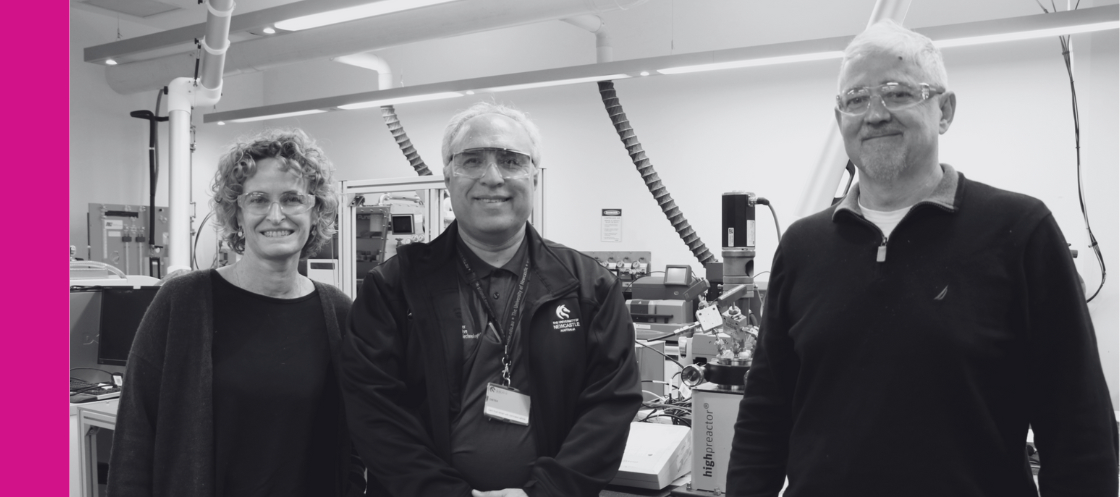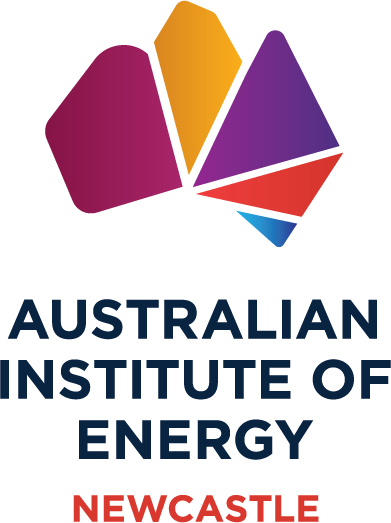HydGene Renewables and TRaCE collaborate to enable green hydrogen for farmers
HydGene Renewables, a company based in Sydney, is working with the Trailblazer for Recycling and Clean Energy (TRaCE) and the University of Newcastle to test the potential of their biocatalyst technology in new markets with the goal of enabling farmers to produce eco-friendly fertilizers directly on their farms.

Traditional ammonia production, a key component of mineral fertilizers, relies on hydrogen derived from fossil fuels, contributing around 2% of global greenhouse gas emissions. HydGene Renewables aims to tackle this problem with their innovative biocatalysts.
These biologically engineered catalysts convert agricultural, food, paper, brewery, and sewage waste into green hydrogen in a decentralized manner. This hydrogen can be used for renewable energy, as a fuel, or in chemical manufacturing, particularly in creating sustainable fertilizers.
Dr. Louise Brown, CEO and Founder of HydGene Renewables, highlights the transformative potential of this technology for farmers.
"It could give the power back to the farmers. They’d be able to make fertilisers on-site for their crops using their farming residues such as straw stubble," she explained.
The company has partnered with Laureate Professor Behdad Moghtaderi from the University of Newcastle to explore this application. L/Prof Moghtaderi's extensive experience in innovative technologies, supported by over $90 million in competitive funding, is vital to the project's success.
The project benefits from the practical insights of Stuart Tate from Tait Agriculture, ensuring that the technology is feasible and practical for farmers.
Dr. Brown noted the importance of involving end users in the development process. "It’s important we involve the end user in the project. Stuart helps us understand how farmers would realistically integrate the technology into their practices," she said.
This collaboration is helping HydGene Renewables progress towards a pilot plant for on-site ammonia production at Tait Agriculture's farm.
The project, expected to conclude in August, will determine if L/Prof Moghtaderi’s technology is suitable for widespread application, potentially enabling zero-carbon fertilizer production on farms.
HydGene Renewables' rapid collaboration with the University of Newcastle was facilitated by the Trailblazer for Recycling and Clean Energy (TRaCE) program. This initiative offers a Commonwealth-backed program designed to support businesses in advancing manufacturing and sustainability initiatives.












